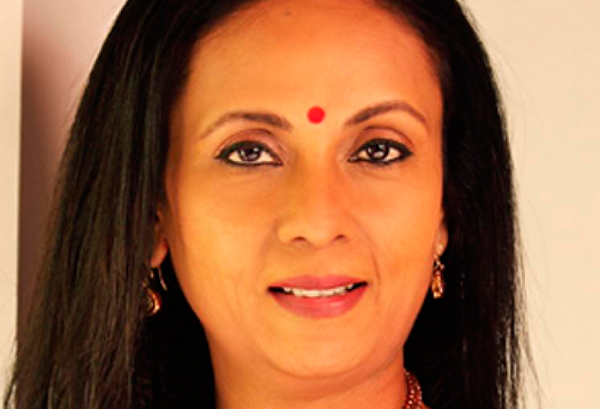The cultural divide can easily undermine business deals between New Zealand and Indian companies. Ranjini Manian explains how to prepare yourself for a very different business environment.
Ranjini Manian, founder CEO of Chennai-based relocation and cross-cultural training company Global Adjustments, is an expert on bridging cultural differences between Indian and New Zealand businesses. Her books Doing Business in India for Dummies and the more recent Make it in India are best sellers.
The cultural divide can easily undermine business deals. Manian recalls one incident when Phil Spender from Ford New Zealand, “a typical relaxed and friendly Kiwi” came to lead Ford India. “There was a tree in the middle of the building site which would have hindered the architectural plan. Being a banyan tree, local villagers considered it sacred and were up in arms when they heard a multinational corporation would cut it down to set up a production unit to fill its coffers. There was a demonstration, with villagers wielding farm implements.
“However, Phil had seen photos of Ford Model Ts under banyan trees when Ford was in India many years previously, and understood the tree’s significance. He respected the sentiments of the people, and together with other Western leaders at Ford adapted the plan to safeguard the tree. “It eventually became the focal point of the factory. Even today this tree stands testimony to the way business was not undermined, thanks to keen sensitivity,” says Manian. “Doing business in India requires this head and heart principle.”
“Communicating in India needs preparation. Communication can be complicated in English. What we Indians mean and what you hear are often not the same thing.”
In terms of export opportunities, Manian also backs value-added products in the food chain which appeal to the rising middle class and above.
And don’t be fooled into thinking that doing business in India is easy, she says, just because the business language is English. “Communicating in India needs preparation. Communication can be complicated in English. What we Indians mean and what you hear are often not the same thing.”
As for corruption, it can be handled if you know how, she says. “We don’t have a copyright on corruption. Like many populated markets and even emerged worlds, we have some challenges in this department. But by keeping your strategy clear and clean, it is possible to do clean business in India.”
Manian says judging one culture by the standards of another is a big mistake. “Assess local partners carefully. Ask for a local high ranking confidant to assist in vetting a person,” she advises. “Have region-specific referral points, and work to strengthen your India networks.”
Indians expect all Kiwis to be as friendly and fair as the country’s cricketers, Manian says. “Your business people are welcome, as they’re known to be easy and uncomplicated to deal with.”
Ranjini Manian can be contacted at [email protected].
Ranjini’s tips for understanding the Indian market:
1. Prepare for a region before the whole nation. Which ‘India’ are you targeting? There is urban India and rural Bharath (“the original name in Sanskrit for this land”) and many regional differences. India’s north compares with Western countries for business – more aggressive and ready to seize opportunities at all costs – while the conservative south is known for underplaying its real worth.
2. Invest precious time to relate to the Indian people. This is a bottom line business imperative. If a government official or business person is to welcome a Kiwi exporter, he’ll do so because the person is someone he likes, who has spent time and energy cultivating not only him but also his extended ‘work and home’ family.
3. Have an office/advisor. India takes you seriously only if you open a registered office and appoint someone to represent you there. It could be an Indian national, or Kiwi consultant. Use business advisors to help prepare you from a business culture perspective.




